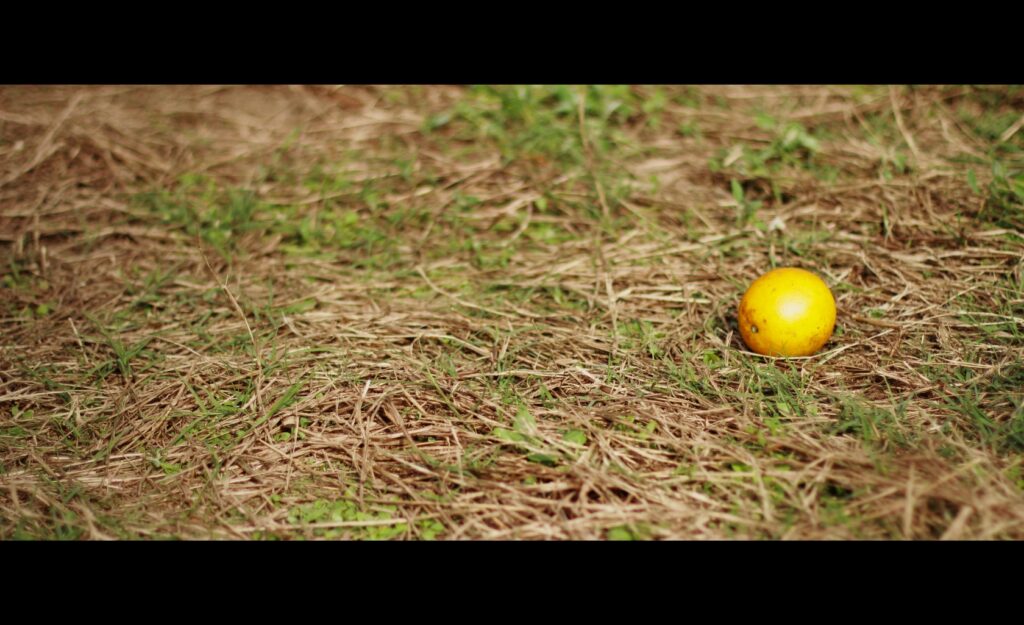As many of you know, one of America’s favorite beverages is at grave risk. Though Florida’s citrus trees have overcome many challenges over the last five centuries, including freezes, hurricanes, and canker, its latest challenge poses an existential threat to the industry.
In 2006, a tiny insect the size of a pin introduced citrus greening to Florida. Trees infected with citrus greening produce bitter, misshapen and unmarketable fruit. Worse, infected trees die within five years.
Now, this deadly disease has spread to every citrus-producing county in the state and infected more than half of Florida’s citrus groves. A casual glance at almost any grove will reveal evidence of its destruction.
We have reached a crisis point. Production of Florida oranges is at a 30-year low. In its heyday, the citrus industry produced nearly 250 million boxes of oranges per season, but the most recent citrus forecast predicts we’ll produce just over 100 million boxes of oranges this year.
Florida’s citrus industry has a $9 billion economic impact on our state and supports more than 75,000 jobs, all of which are currently at risk. This industry’s decline and ultimate devastation would have a ripple effect on communities throughout the state.
Fortunately, there is strong financial support for Florida’s citrus industry to fight the spread of citrus greening and support research for a cure. Florida growers, alone, have contributed an estimated $70 million to this cause. The federal government has also committed more than $130 million, and the state government has committed nearly $20 million more. We’ve also seen support from major corporations like Coca-Cola and Pepsi, signaling they are not ready to give up on America’s favorite breakfast beverage.
With this financial support, we must use every tool in the toolbox to find a solution. Some options showing promise include thermal therapies and antimicrobial treatments. We’re also employing techniques to prevent the spread of greening until there is a cure, such as partnering groves in close proximity to one another to maximize the effectiveness of bio-control strategies and releasing parasitoids to stop the vector responsible for spreading greening.
The Florida Department of Agriculture and Consumer Services, in hopes of finding a solution soon, is already preparing to help the industry rebuild. We’ve expanded our budwood facility in Chiefland to provide growers with the resources they need to replant lost trees. We just opened a new germplasm facility in Lacrosse, which will enable us to release up to 30 new varieties per year.
We’re committed to save Florida’s citrus, but we must work together toward this goal. History has proven that Florida’s citrus industry can overcome the challenges that come its way. Furthermore, one of America’s favorite beverages, as well as its economic impact and the jobs it supports, are too precious to let go.
CREDITS
story by COMMISSIONER OF AGRICULTURE ADAM H. PUTNAM

